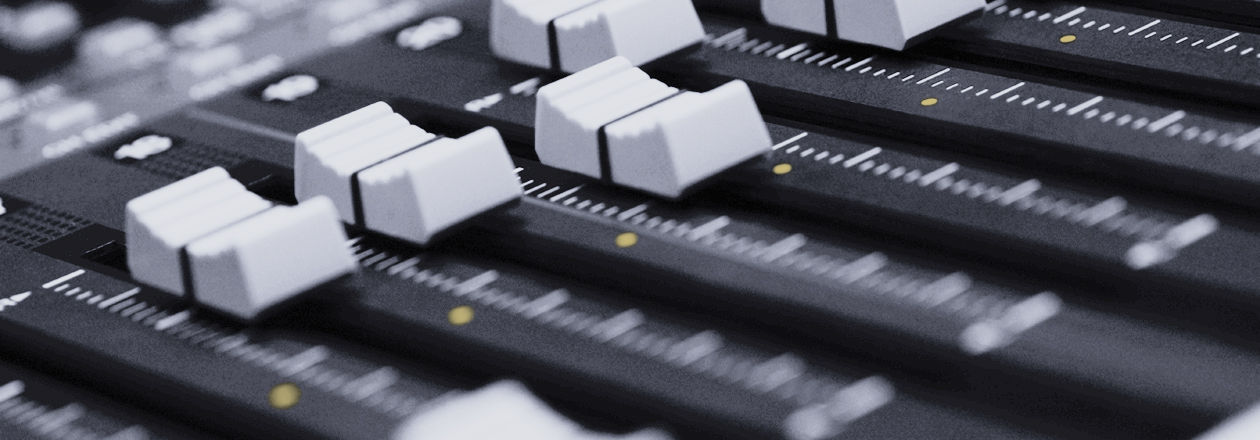Many people nowadays hope to get a professional sounding record they can record at home. It is achievable with a little patience and learning. Today I'm starting a series of articles about effective recording techniques. I'll be going around the main parts of a rock band.
The Guitar Itself
As I discussed in my previous post, your guitar absolutely NEEDS to be properly set up with new strings. Anything less will hamper your tone and create unnecessary frustration!
Amp Settings

When recording guitar the trick is to have lower gain than you would normally go for. This compresses the signal less (more dynamics) and brings clarity to what you are playing. With this lower gain, double tracking will create this 'thickness' which will sound amazing. Of course it requires very tight playing to make it work, but with a little patience and practice it will be amazing.
Another thought on the size of your amp. 100W Marshalls are really cool, but for recording they're honestly not needed. You may even be better off with a much lower wattage amp which you can crank the master on.
Room
As most guitar amps are recorded with a mic close up to the speaker, you don't necessarily need the best room, just somewhere where a lot of noise can be made! Many people will obsess over preamps and microphones, whilst these are important the fundamental of your tone will come from yourself, your guitar and your amp!
Microphone Choice & Placement

That said, we do need to think about microphones. Some obvious (and some would say overused choices) are a Shure SM57 - or a Sennheiser E609. It must be said there's many other potential choices of microphone such as a Beyerdynamic M160 or M201 or a Sennheiser MD421, however when starting out an SM57 or E609 really is a great starting point.
There's a simple rule when miking up a guitar speaker: put it wherever you like! Generally the closer to the speaker the more direct and punchy it will sound. The closer to the middle the brighter and harsher it will sound and closer to the edge of the cone will be more dull and rounded.
Preamps
As with many things in audio recording, preamps bring up a whole heap of debate. To be honest, with electric guitar (especially rock and metal) there's distortion to the point where the choice of preamp doesn't hugely matter. The stock preamp built into your audio interface will do a great job!

Final Thoughts
So there you have it. Whilst it can be a very over-complicated topic, electric guitars can be straightforward to record if you want them to be. Obviously there's a wide space for experimentation (hey, it's where the cool unique tones come from), following steps in this article is a great foundation.



Comments